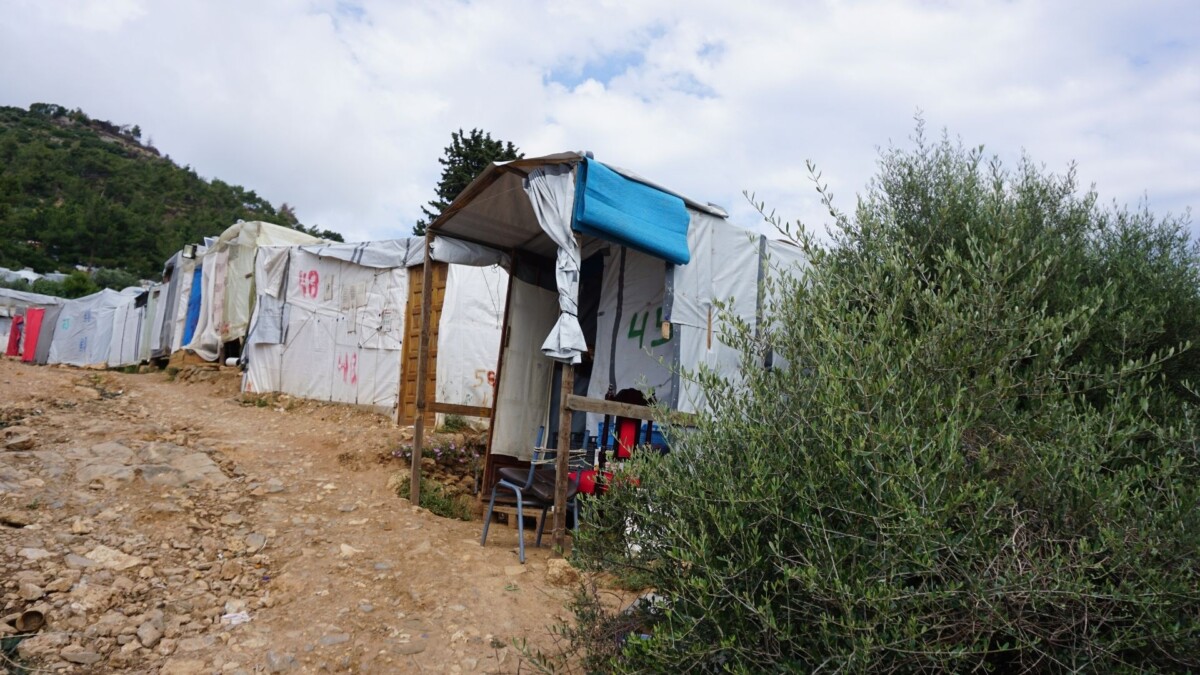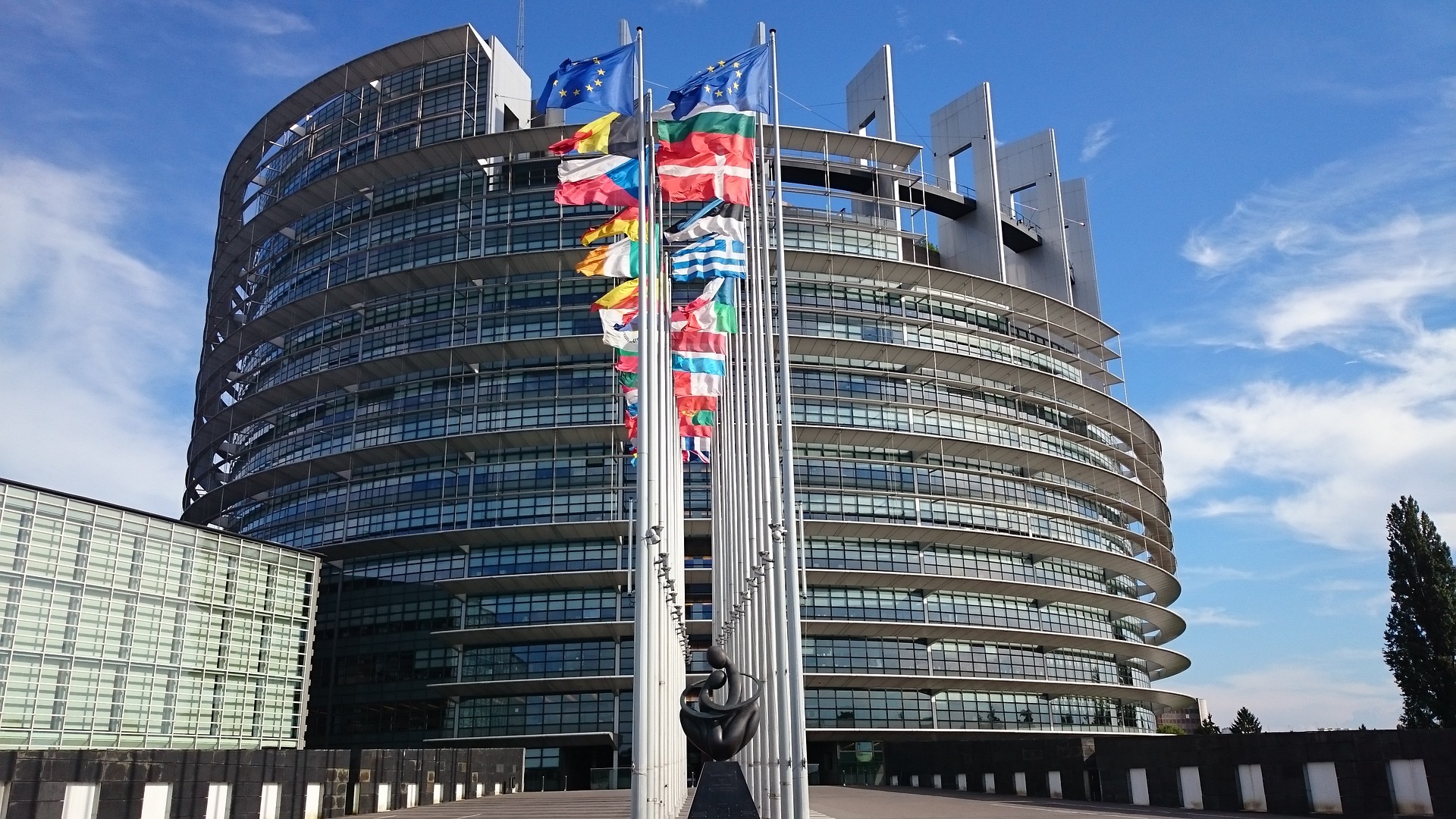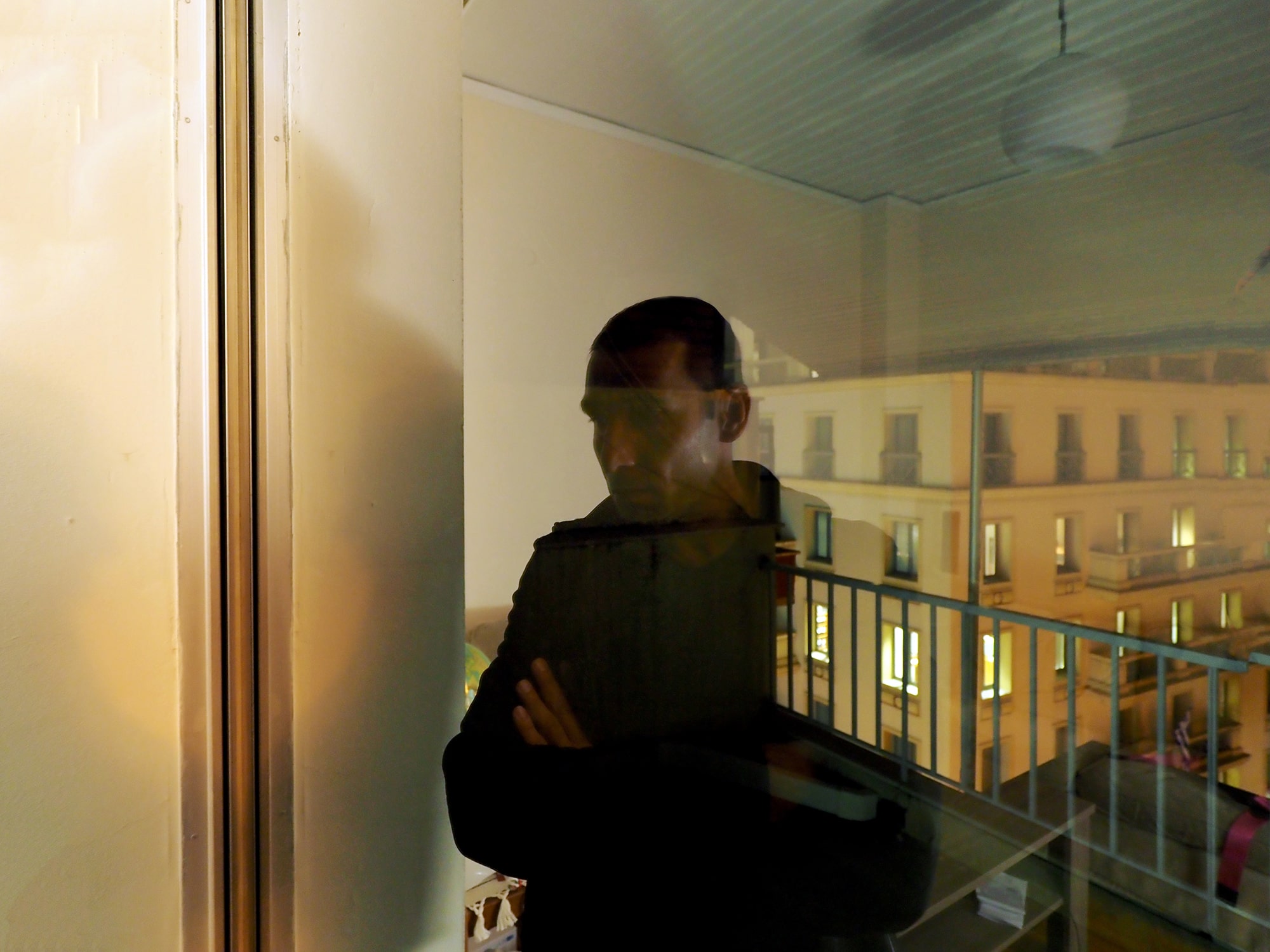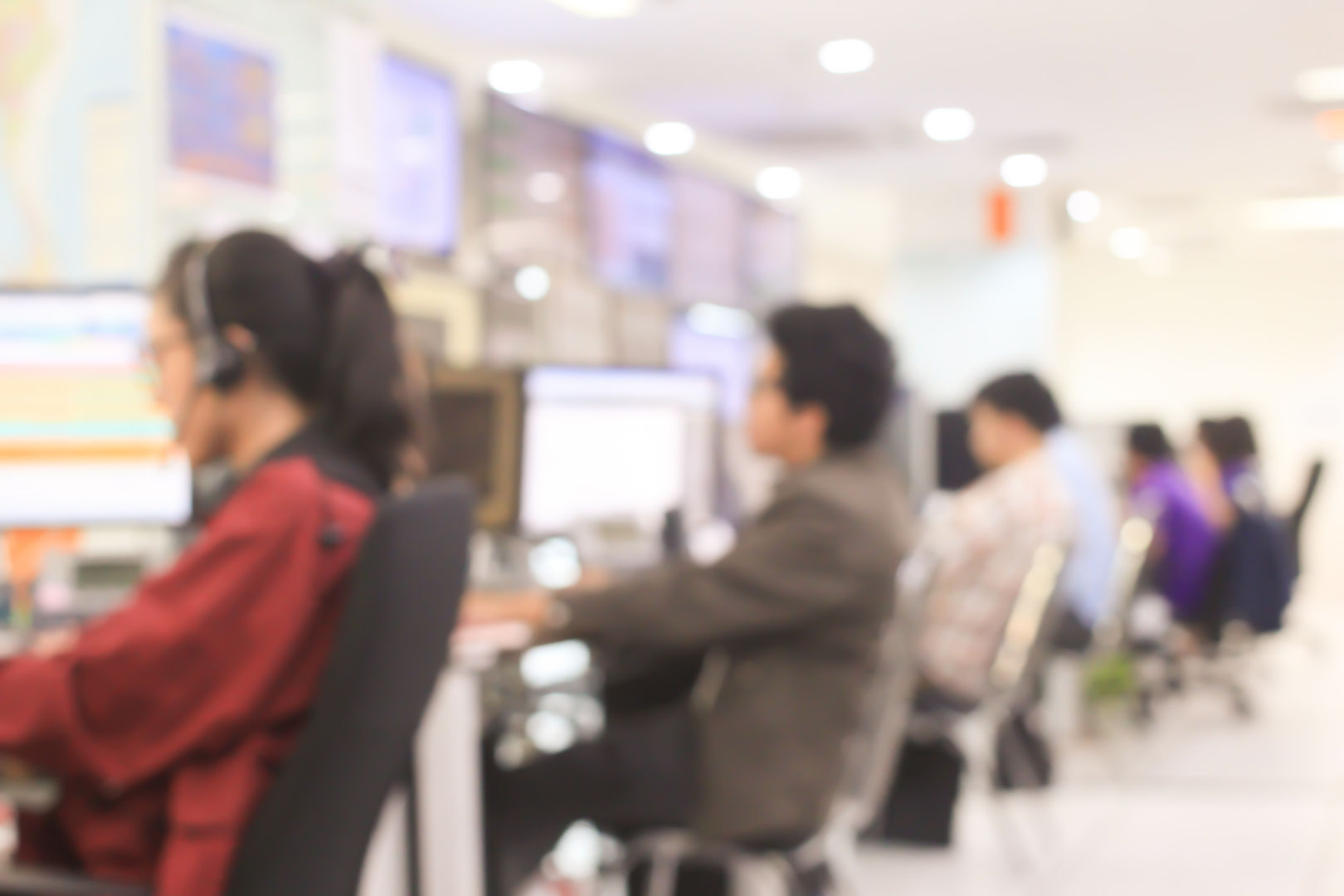You can hear the drums from afar. Then comes the singing. It is not a party, but a service of worship in one of the African churches in the refugee camp on the Greek island of Samos. “God, that’s all we have left here,” says Alpha from Sierra Leone. He himself though prays no more.
On Samos, you do not only lose your faith but also hope that you will ever leave this place. Some asylum seekers have been trapped here for years due to the long procedures – although the so-called “hotspots”, set up by the European Union (EU) in 2015 and 2016 in response to the increased migration of Syrians, Afghans and Iraqis, were meant to quickly determine whether asylum seekers should be resettled or deported after their asylum claim was rejected.
That “swift” procedure is an illusion on Samos. Asylum seekers wait “among snakes, cockroaches and rats” – one hears this said several times. This kind of life, under undignified conditions, takes its toll. Almost every asylum seeker and recognized refugee on Samos (and other refugee camps across Greece) struggle with psychological problems. The EU’s “hotspot approach” has created “an entirely avoidable and predictable, policy-driven humanitarian crisis”, NGO Médecins Sans Frontières (MSF) stated in their report released in June.
Another recent report, from the International Rescue Committee (IRC), stresses the devastating impact of the asylum policy: “People, who came here in search of safety are instead further traumatised by their present and anxious about their future.” According to the UNHCR statistics, 7,000 people still remain in the hotspots situated on the Greek islands.
Floating prison
“I have become a crazy person”, says Al Hussein. “I cannot control myself. Once I woke up in a friend’s tent and I started hitting him. Couple of guys had to come over to calm me down.” Al Hussein used to be a pretty calm person, he assures. He had his own company in Sierra Leone, he used to adapt software of foreign mobile phones to the African network. Now he is not sure what he is going to do. His asylum application was already rejected twice. He used to live in hiding for more than a year. “I was just walking back and forth avoiding the police. I slept at friends’ tents in the “jungle” [ed. the unofficial part of the camp]. They were giving me food. I had to be alert all the time because of the police controls.”
Evading checks on Samos, which is situated in a highly militarized border area, seems like mission impossible. The island is often compared to a floating prison, with guards everywhere: the police, Frontex’s staff – the European Border and Coast Guard Agency, the Greek coast guard, the security service, and the army. Turkey is only two kilometres away. Some asylum seekers even dare to swim the Mycale Strait to reach Greece.
Al Hussein was eventually caught. He spent six months in prison. Now he has been assigned a lawyer, who will help him submit a subsequent application – it has been done in case of new evidence or things that have not been mentioned before, like a fact that somebody is not heterosexual.
In reality, though, asylum seekers keep on submitting those applications even when there are no new elements in their story. “They do it to extend the asylum procedure. This gives them hope that one day they will be recognized as refugees. We get the impression that the asylum service is encouraging asylum seekers to do so,” says Mara Kessler of the NGO Refugee Law Clinic that provides legal advice. Some of her clients are submitting their third application at the moment. “But if the new element is missing the application is inadmissible. And then everything starts again.” Last year, 2,700 people – mainly Pakistanis and Afghans – submitted a subsequent application in Greece. The vast majority of those applications, 2,372 to be exact, were inadmissible.

This stalemate situation – living in constant uncertainty – has a negative impact on mental health, says clinical psychologist Eva Petraki, who has been working for MSF since autumn 2019. The confinement during the lockdowns made the situation much worse: “There was nothing to do, so people had all that free time to think about where they were, what they’ve been through,” says Petraki. “Flashbacks and intrusive thoughts increased. People also thought more about the future, and those thoughts were negative. Many lost hope because they have been trying hard to think positively and stay active through volunteering, sessions with psychologists and other activities but it turned out pointless. They found themselves completely alone and isolated during the lockdowns.”
A lot of people gave it up. Petraki: “I can not do it anymore – this thought was predominant. A depressive state manifested itself in sleeping problems, fatigue, exhaustion without doing anything. It also led to the increase of death wishes, suicidal thoughts and attempts. These symptoms are caused by the uncertainty about the future, long waiting and the perspective of the new camp.”
Although the lockdown is over the number of suicide attempts is still on the rise. In June one Congolese took pills after a failed attempt to leave the island. “If that man dies, the Congolese will be furious. Then maybe a fire will start or something else will happen. I’m afraid,” said Hermine from Cameroon.
Alpha does not understand the logic of European asylum policy: “Europe doesn’t know what it is doing. What do they want to achieve with all this? That one day we will all commit suicide?”
Additional traumas
Hermine is one of approximately 200 women who live in the camp alone. The majority of them do not feel safe. “We are constantly in a stressful and uncertain environment. I only leave my tent if I really have to,” a 20-year-old Afghan woman told the NGO Glocal Roots, a Swiss volunteer organization that runs a safe space for women on Samos. “Imagine living alone in a jungle, surrounded by more than a thousand people, mostly men. It is extremely difficult to feel safe when you are exposed to multiple forms of violence,” says Ana Molina, the coordinator of the second safe space for women on the island, founded by Samos Volunteers.
The uncertainty, frustration and increased alcohol usage during the lockdown led to more sexual and gender-based violence in the camp. Although the psychologists were reporting rapes to the camp management nothing was happening. Petraki: “A Cameroonian woman was repeatedly raped, but nobody provided her with a safe place. Once she tried to kill herself by drinking chlorine.” Another night, in March, Petraki received a WhatsApp message late at night. “They’re here, they’re attacking me, I don’t know what to do, come rescue me. She probably started screaming, which must have alarmed the neighbour. She took the phone and started chatting with me. I explained in my broken French how to comfort and keep an eye on that traumatized woman until we could have another session.”
MSF on Samos often calls on neighbours for support. “Especially when we treat single African women. Neighbours, not the authorities, can intervene immediately when someone is so sad, desperate and hopeless that they see suicide as the only solution.”
Petraki’s client had been sexually abused several times before, in her home country and during her journey to Europe. Smugglers forced her into prostitution. She also had to sell drugs. “This traumatized woman, from such a horrible background, had to be raped three times to get out of here. Nobody protected her.” Petraki repeats.
You can not heal from sexual assault in a place where you have to be constantly on alert. Diotima, an NGO specialized in gender-based violence, tries to limit the harm. They work on acceptance during four or five sessions. “We strive to make sure that a survivor of sexual violence no longer feels guilty for what happened. When there is a need for long-term therapy, we refer people to organizations that offer it,” explains psychologist Sissy Vazirgiantziki.
Locked up soon?
A new refugee camp, built with EU funds, is almost ready. But nobody knows when the transfers will start. The rumours mention September. It is also unclear whether it will be an open or closed facility. “The authorities dodge our questions about the type of the camp,” says Margherita Momigliano, the coordinator of a restaurant called Armonia – run by and for refugees.
The lack of information and the prospect of confinement in the middle of nowhere – the camp is situated 15 km from the capital of Vathy and a 40-minute walk to the nearest village – results in the rise of anxiety and suicide attempts. Momigliano: “Obviously no one wants to be in this place, this no-man’s-land without shadow, away from NGO projects.”
“Although the conditions in the current camp are terrible, people can at least relax a bit by going for a walk in Vathy or having a coffee. That will no longer be possible in the new camp,” psychologist Vazirgiantziki says. She has already noticed that people who were transferred from Samos to remote camps on the mainland suffer because they miss contact with the outside world.
Some people are so determined that they try to leave the island at any cost. Controls have become less strict; I am told by various NGO’s. Momigliano: “A number of people buy a ticket for the ferry. If the police do not check documents, that attempt may be successful. Those who can not afford a ticket crawl under a car going on the ferry, but they are usually found.”
Others beg for “proof of psychological distress” that would allow them to leave the island. MSF’s psychologists do issue a certificate, but the authorities do not accept it because it does not come from a state psychiatrist. Making an appointment at the hospital is very difficult. Petraki: “Your situation must be really hopeless.”
Al Hussein keeps himself busy to avoid thinking too much. “I walk back and forth, back and forth. I am trying to inform about the status of my application. I arrange food. I have to have something to do. Otherwise I can’t take it any longer.”
*This article was written with the support of the Pascal Decroos / European Journalism Fund.





